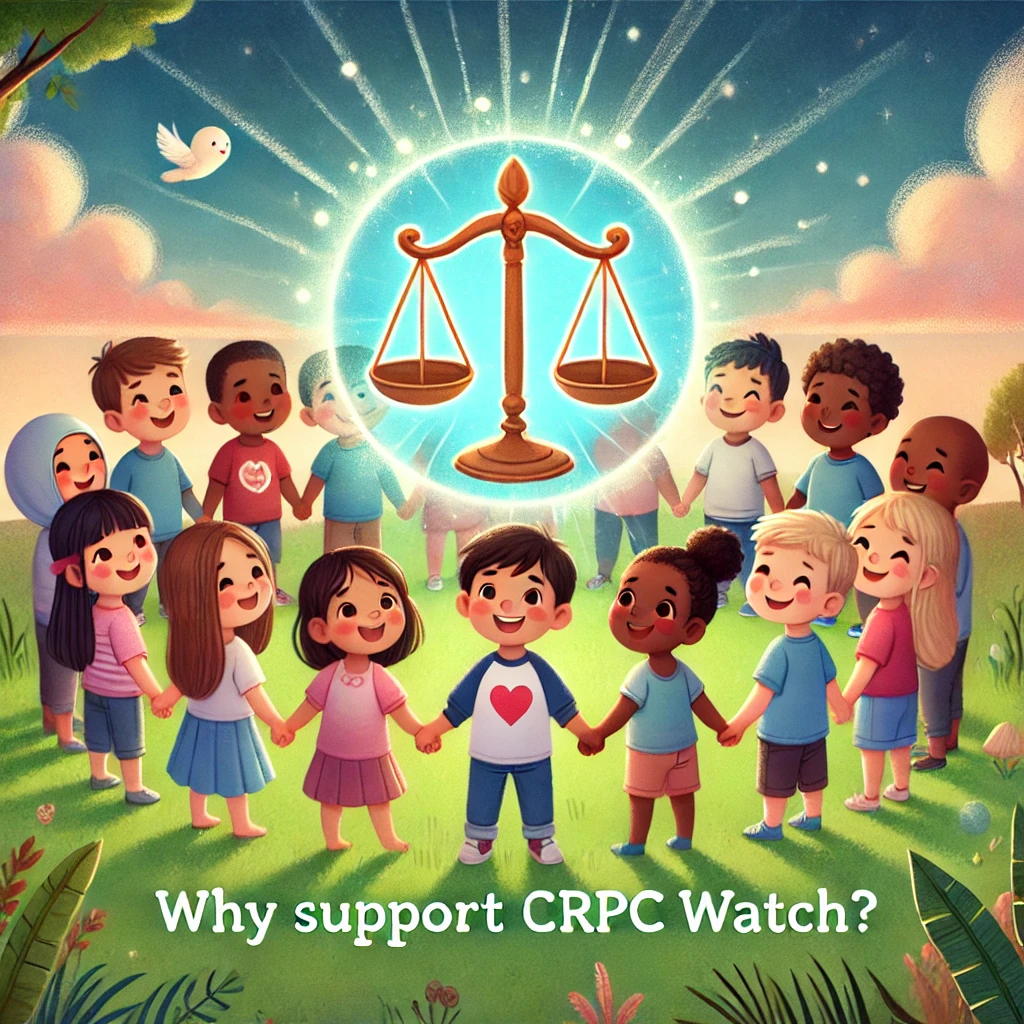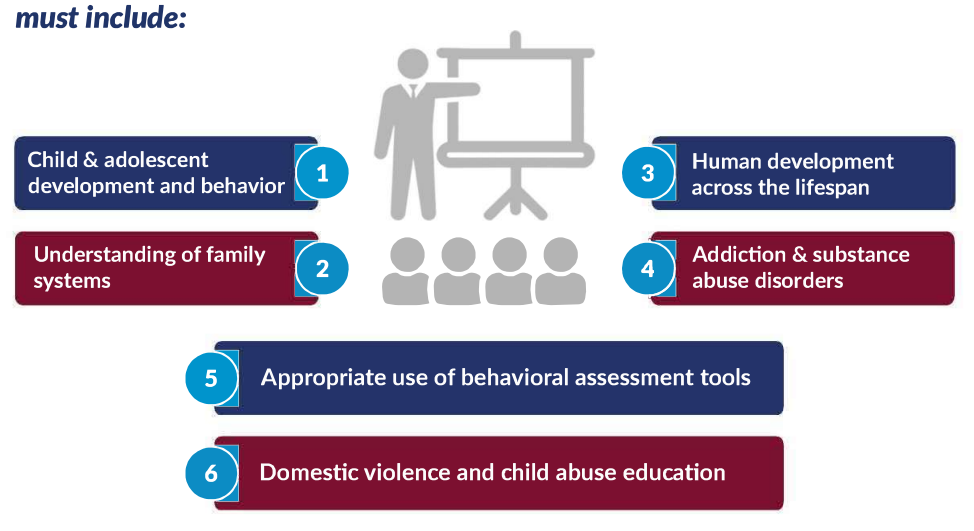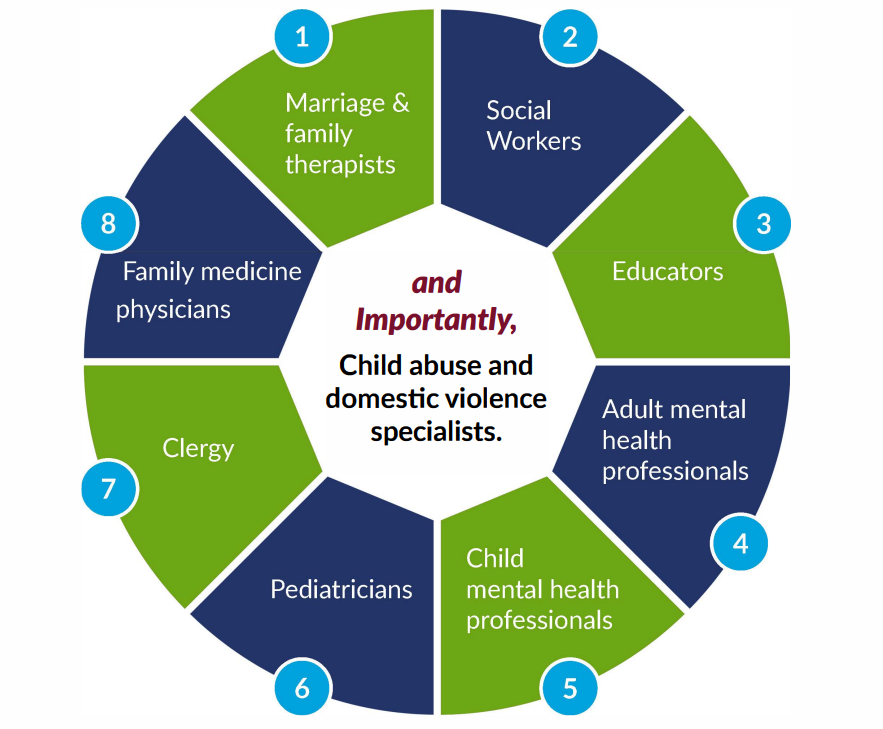Senator Mark Keam
District 35
P.O. Box 1134
Vienna, VA 22183-1134
Re: Proposed Bills & Constitutional Amendments for Term 2020
Dear Senator Keam,
It is with great pleasure that we introduce you to the Safe Children, Thriving Families & Judicial Accountability Initiatives of the Center for Rights and Protection of Children (CRPC). The CRPC’s mission is to keep children safe and families thriving. Our Campaign proposes constitutional and legislative reform in response to the family court crisis affecting the health, safety, and well-being of individuals, families, and communities in the Commonwealth of Virginia and across the nation.
We hereby present to you Virginia’s Protective Parent Act of 2020 and Judicial Reform Act of 2020, which are outlined in more detail below.
Background
The CRPC’s proposed Protective Parent Act of 2020 and Judicial Reform Act of 2020 respond to the family court crisis and recent directives from the U.S. Congress, specifically H. Con. Res. 72 (Senate Concurring), 115th Congress (2nd Sess. Sept. 25, 2018). The U.S. Congress has stated that:
- Child safety is the first priority of custody and parenting adjudications, and courts should resolve safety risks and claims of family violence first, as a fundamental consideration, before assessing other best-interest factors;
- All evidence admitted in custody and parenting adjudications should be subject to evidentiary admissibility standards;
- Evidence from court-affiliated or appointed fee-paid professionals regarding adult or child abuse allegations in custody cases should be admitted only when the professional possesses documented expertise and experience in the relevant types of abuse, trauma, and the behaviors of victims and perpetrators;
- States should define required standards of expertise and experience for appointed fee-paid professionals who provide evidence to the court on abuse, trauma, and behaviors of victims and perpetrators, and should require courts to find that any appointed professionals meet those standards;
- States should consider models under which court-appointed professionals are paid directly by the courts, with potential reimbursement by the parties after due consideration of the parties’ financial circumstances.
Virginia’s Family Court Crisis
Virginia is one of only two states (along with South Carolina) where the judiciary remains virtually unaccountable to the public. They lack the requisite experience or training to decide domestic relations cases involving child and domestic abuse, and fail to enforce Virginia’s immunity laws that protect “good faith” reporters of child abuse, neglect, and domestic violence, as set forth at Va. Code Ann. § 63.2-1512.
Substantial sums of federal funds are being diverted to programs that punish “good faith” reporters of child abuse. Family courts commonly lead “protective parents” into protracted and costly litigation, in compliance with non-scientifically grounded protocols promoting supervised visitation programs and forced compliance with select court-appointed psychologists of questionable ethical and moral standards.
There is evidentiary and clinical support for the Protective Parent Act. We refer you to:
- Meir, J. Mapping Gender: Shedding Empirical Light on Family Courts’ Treatment of Cases Involving Abuse and Alienation, George Washington University (2017).
- Saunders, D, Faller, K, et. al. Child Custody Evaluators’ Beliefs About Domestic Abuse Allegations: Their Relationship to Evaluator Demographics, Background, Domestic Violence Knowledge and Custody-Visitation Recommendations, U.S. Department of Justice (June 2012).
Our Proposal
We propose constitutional and legislative reform which may be summarized as follows:
I. Constitutional Amendment on Judicial Elections
We propose an Amendment, by a majority vote of each house and popular vote, pursuant to Va. Const. art. XII, § 1, or a Constitutional Convention, by two-thirds vote of each house and popular vote, pursuant to Va. Const. art. XII, § 2, as follows:
A. Promoting Judicial accountability through a non-partisan Merit Qualification Committee (consisting of both non-lawyers and lawyers) for gubernatorial appointments to fill mid-term vacancies of appellate, trial, and district courts.
B. Promoting judicial accountability through a popular vote of qualified candidates and for the re-election of appointed judges at the next general election following appointment.
C. Establishing limits on campaign financing contributions adopting the federal campaign spending/contribution limits.
D. Implementing non-confidential Judicial Performance Evaluations, pursuant to American Bar Association Special Committee on Evaluation of Judicial Performance, Guidelines for the Evaluation of Judicial Performance (1985).
E. Permitting litigants to opt for a jury trial in lieu of having a sole judge decide contested custody matters where child and domestic abuse are factors of dispute.
II. Legislative Reform: Proposed Bills to Amend the Virginia Code
We propose introduction of Bills to amend existing statutes in the Virginia Code, as follows:
A. Broadening existing immunity protections for good-faith reporters of child abuse protecting parents from custodial loss as penalty for honest efforts to protect their children.
B. Adding universal evidentiary standards to be applied in child custody cases so that critical information necessary for determining safety and wellbeing of children is not omitted as evidence in trial.
C. Requiring mandatory training for trial judges who determine domestic relations cases on child abuse, neglect, and domestic violence by objective professionals with expertise in such areas.
D. A graduated tier-based evaluative approach in responding to child abuse reports in custody matters.
E. Adding stipulations to protect stay-at-home parents who are primary caretakers of their children, against excessive attorneys’ fees, fines, and sanctions, prohibiting jail time as penalty for failure to pay such fees related to custody & divorce.
For the General Assembly Session commencing in January 2020 for the Commonwealth of Virginia, we have prepared and enclosed draft Amendments and Bills for your review and sponsorship consideration.
Should you have any questions or concerns, please do not hesitate to contact us.
With Warm Regards
Farah Khakee JD
Associate Director, Policy and Legislation
Erica M. Allen Winslow, MD, MPH,
Founder & Executive Director
Center for the Rights & Protection of Children, Inc.

![]()






